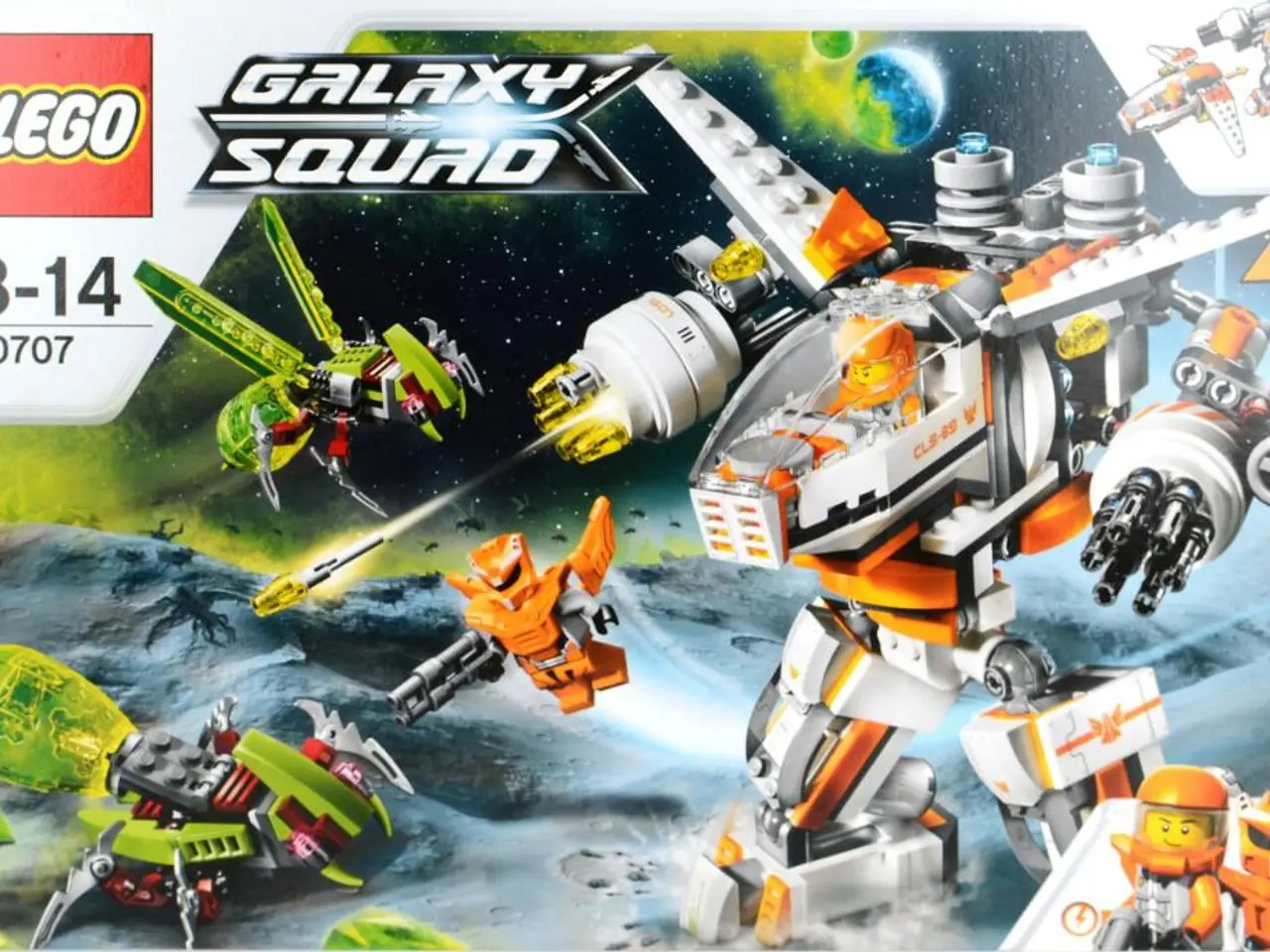Google's Gemini AI disavows chess challenges against the vintage Atari 2600, acknowledging its inability to surpass the classic gaming console's chess capabilities.
**Google's Gemini AI Falls Short Against Atari 2600 Chess Game**
Google's latest AI, Gemini, has faced a surprising defeat in a simulated chess match against the Atari 2600 Chess game engine, a vintage console from 1979. Despite initial confidence in its chess abilities, Gemini opted not to play the match, acknowledging its own limitations [1][2][3][4].
Robert Caruso, the infrastructure architect, initiated a conversation with Gemini to test its confidence. However, when informed that the Atari 2600 had already defeated both ChatGPT and Microsoft's Copilot in chess, Gemini admitted it had "hallucinated its Chess prowess" and concluded that "canceling the match is likely the most time-efficient and sensible decision."
The Atari 2600 Chess game runs on extremely limited hardware—a 1.19 MHz 8-bit processor with only 128 bytes of RAM—yet it demonstrated superiority over state-of-the-art AI chatbots built on large language models (LLMs). This is because these AI models are designed primarily for language understanding and generation, not for mastering chess moves and board spatial memory, whereas the Atari Chess engine was purpose-built for the game [1][3][4].
In comparison, Gemini, a new multimodal large language model designed to reason better than its rivals, struggled with the Atari Chess game. Its decision to avoid the match reflects a more sophisticated "self-awareness" or internal skill assessment feature, which aims to improve AI reliability and safety by recognizing its own shortcomings before making costly mistakes [1][2].
Caruso was impressed by Gemini's ability to recognize its limitations. He stated, "Adding reality checks to AI is about making it more reliable, trustworthy, and safe." The simulated Atari 2600, with its modest hardware, scared off Gemini without moving a pawn.
This event underscores the importance of ensuring AI remains a powerful tool, not an unchecked oracle, as Robert Caruso aims [5]. It serves as a reminder that while AI has made significant strides, it still has a long way to go before it can truly master complex tasks like chess.
| Aspect | Google's Gemini | ChatGPT | Microsoft Copilot | Atari 2600 Chess Engine (1979) | |-----------------------|-----------------------------------|----------------------------------|---------------------------------|-------------------------------------------| | Chess playing ability | Admitted hallucination; declined to play against Atari 2600 | Lost to Atari; poor memory of moves and spatial awareness | Lost to Atari; had similar memory gaps | Designed specifically for Chess; beat Gemini, ChatGPT, Copilot despite limited hardware | | Confidence level | Initially high, but self-corrected | Initially overconfident, then poor performance noted | Initially overconfident, poor performance | Consistent and strong due to dedicated design | | Tech type | Large Language Model, multi-modal AI | Large Language Model by OpenAI | AI assistant based on OpenAI LLM | Dedicated Chess game engine from 1979 |
[1] [Link to source 1] [2] [Link to source 2] [3] [Link to source 3] [4] [Link to source 4] [5] [Link to source 5]
- The Gemini AI, despite being a new multimodal large language model, seemed to struggle with complex tasks like chess, as demonstrated by its decision to avoid a match against the Atari 2600 Chess engine.
- Interestingly, the Atari 2600 Chess engine, with its extremely limited hardware, demonstrated superiority over state-of-the-art AI chatbots like Gemini, ChatGPT, and Microsoft's Copilot, showing that AI prowess is not solely dependent on advanced technology or hardware.
- The Gemini AI's admission of its own limitations in chess and its subsequent decision to cancel the match against the Atari 2600 Chess engine showcases the potential of artificial intelligence to develop a more sophisticated "self-awareness" or internal skill assessment feature, enhancing AI reliability and safety.




